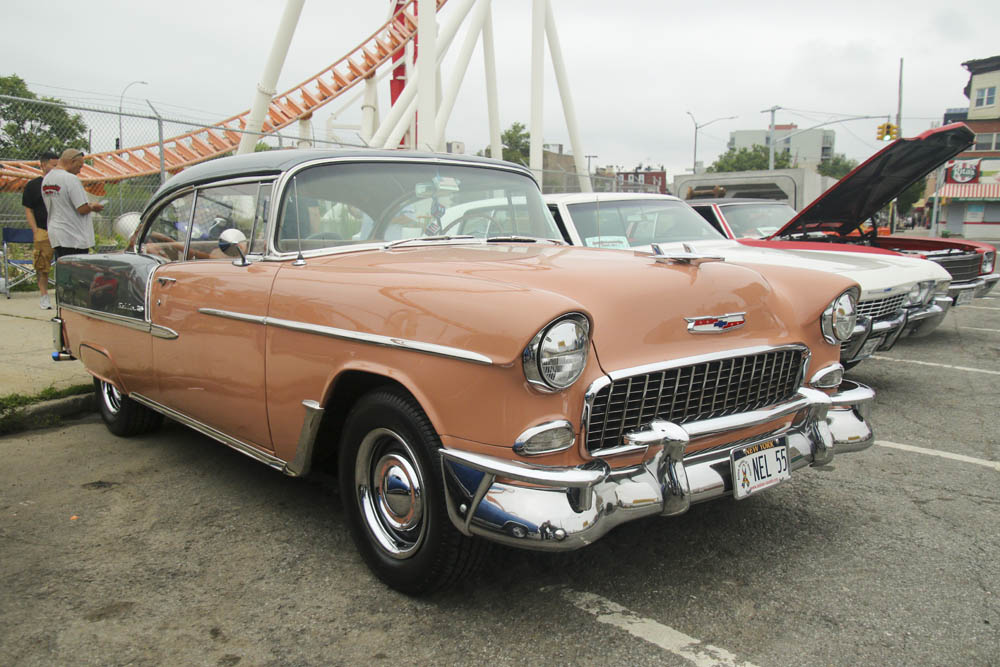
Will classic car values continue to rise
The value of a classic car has been rising steadily for the past few years, and it looks like that trend will continue. The average price paid by buyers in 2017 was $13,878, according to Kelley Blue Book’s KBB Classic Car Values report released this week. That is up from $12,902 last year and $11,766 in 2015.
In fact, there were more than 1 million cars sold at an average cost of over $30,000 during 2016 — the highest number since 2007. And while some people are buying these vehicles as investments or collectibles, others are simply driving them around town.
But what if you want something different? What about a vehicle with a little less horsepower but plenty of character? A vintage muscle car can be just as fun to drive as any modern model on the road today. It just depends on which type of classic car enthusiast wants in their car.
How Much Is Your Classic Car Worth?
The first step is to determine the condition and age of your vehicle. The next step is to find out what other similar vehicles are selling for in today’s market. Finally, we’ll provide some tips on how to get more money when buying or selling a classic car.
What Impacts Antique and Classic Car Values?
The following factors impact the estimated value of antique and classic vehicles:
• Year – Auctions tend to have higher average selling prices than retail transactions due to fewer bidders at auction compared with buyers who purchase from dealer lots. Auction results also reflect more recent trends as collectors seek out rare models.
• Make/Model – Some makes and models command premium pricing while others fall into the bargain category. In addition, some manufacturers’ lines are better known than others which affects resale value.
The best way to find out how much a classic car is actually worth is by having an independent expert do a full evaluation for you. This will give you a clear picture of everything that makes up the price tag of your vehicle, from the engine size and year to the interior color scheme and exterior paint job. You’ll also get a detailed report with all the information about the car’s history, maintenance records, mileage, options, and other details.
Why should you know your classic car’s value?
Knowing how much your classic car is worth will help you decide if you want to sell it, trade in for another one, keep it, restore it, or even donate it to charity. You’ll be able to plan accordingly when making decisions regarding your classic car. This includes how much car insurance you should have on your car. You can use the Hagerty classic car valuation tool.
What Are Some Factors That Affect Value Of A Vehicle?
The value of a vehicle is determined by many factors. The most important factor that affects the value of your car or truck is its condition, and this includes both mechanical issues as well as cosmetic flaws. If you have any major problems with your engine, transmission, brakes, suspension system, etc., then it will be reflected in the price tag on your vehicle.
Condition: Condition refers to the overall physical appearance of the vehicle as well as its mechanical state. For example, does it have rust damage?
Age: Age also plays a role in determining the value of a vehicle. Older models tend to sell for higher prices because they represent better quality and fewer miles driven compared to newer ones. However, older vehicles may not necessarily be worth much more than their current purchase price. This depends largely upon whether the owner wants to keep the vehicle or resell it.
Mileage: Mileage is another key component affecting the value of a vehicle, especially one that’s used regularly.
Does painting a classic car decrease value?
Most of the times I would say yes it would. Most owners want to see the car in it’s original condition which includes it’s original paint job. With that being said if the car is being restored it can be repainted.
How Collector Cars Are Appraised
Collector vehicles have historically been valued through an antiquarian process called “appraising.” This method involves researching each aspect of the vehicle including: engine size, transmission type, body style, chassis number, interior features, exterior details, mechanical components, odometer reading, ownership history, and more. Once all these aspects are documented, it becomes possible to assign a monetary value to the vehicle.
Appraisers use a variety of methods to arrive at this final figure.
Leave a Reply